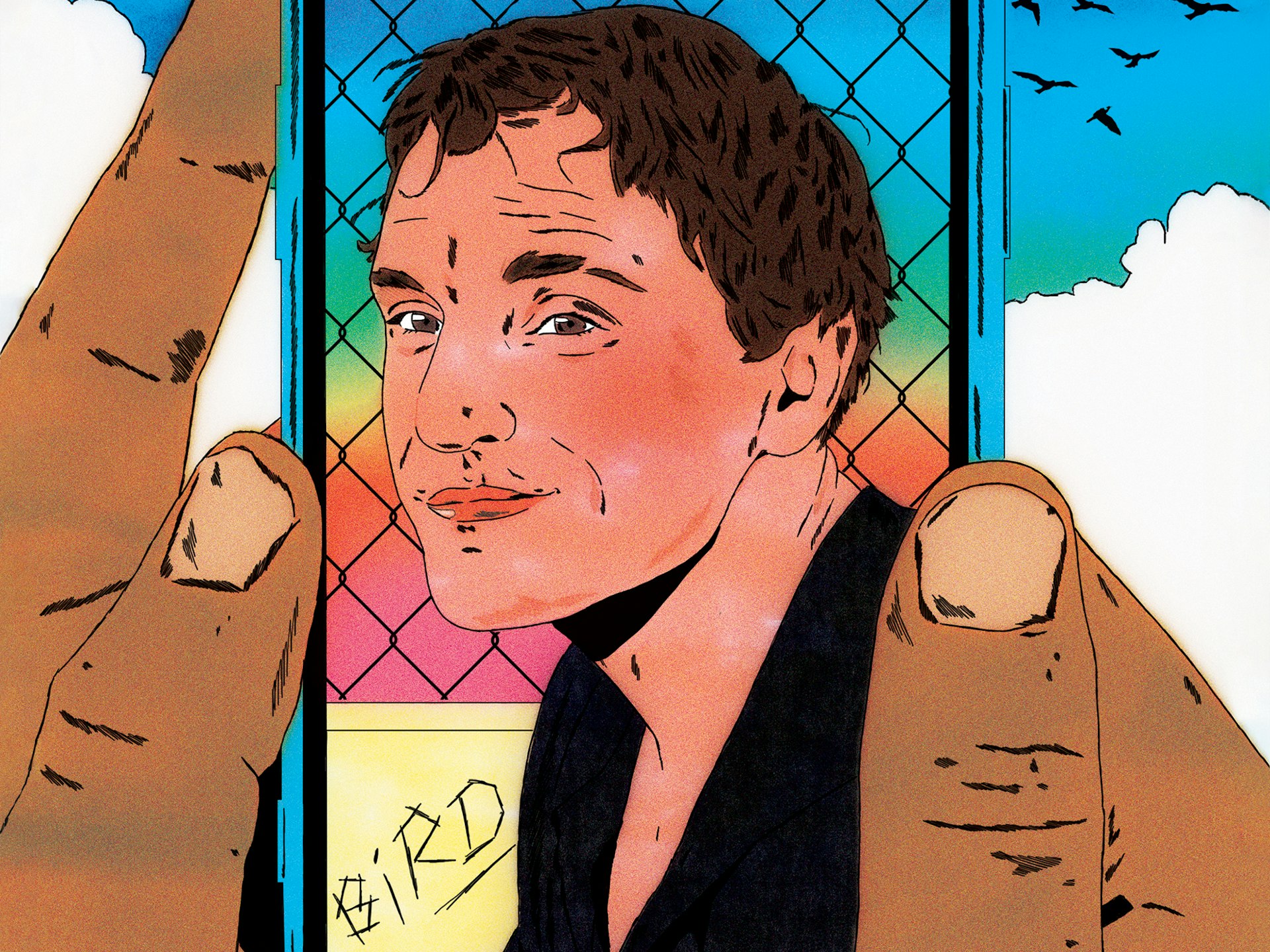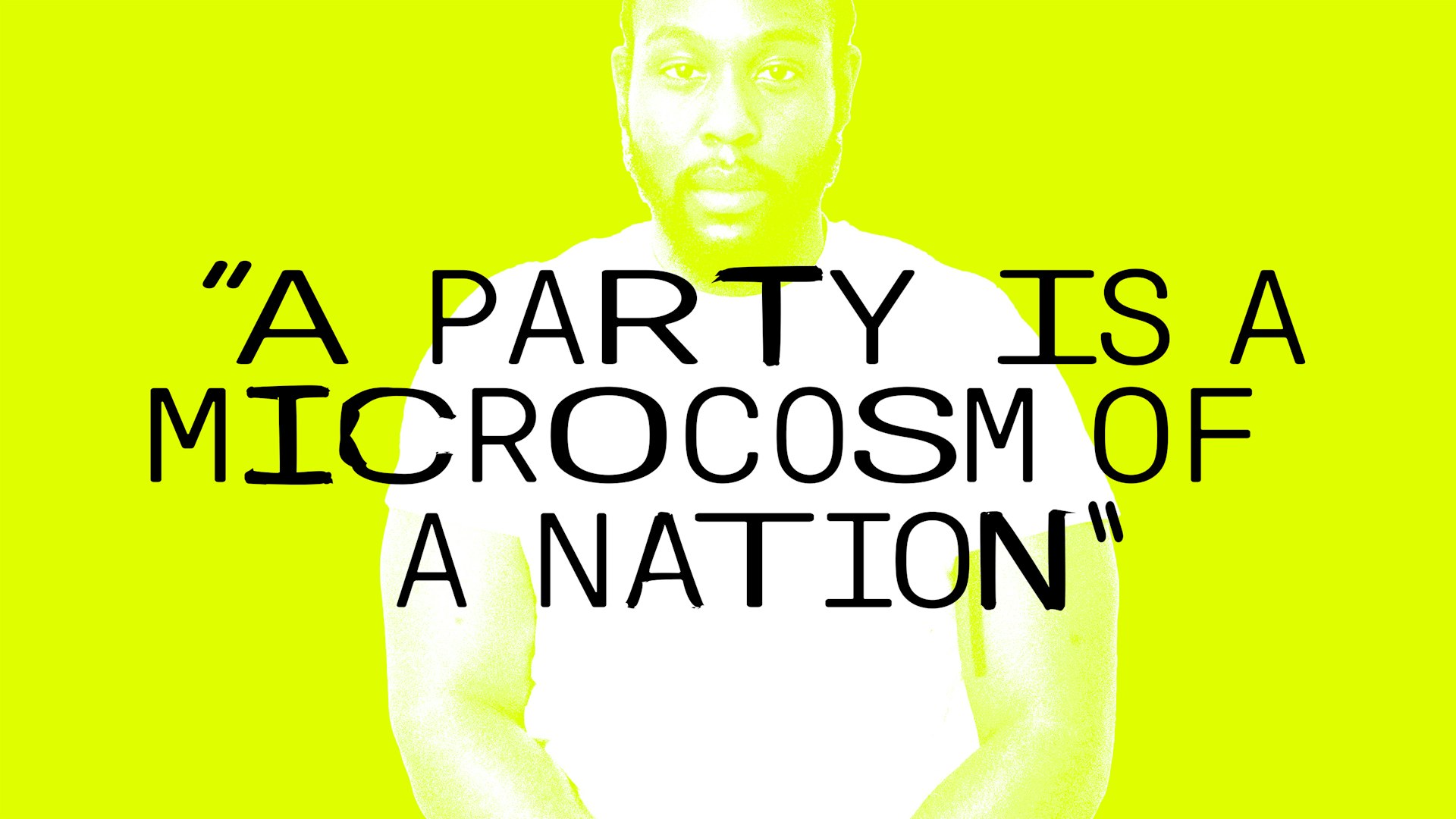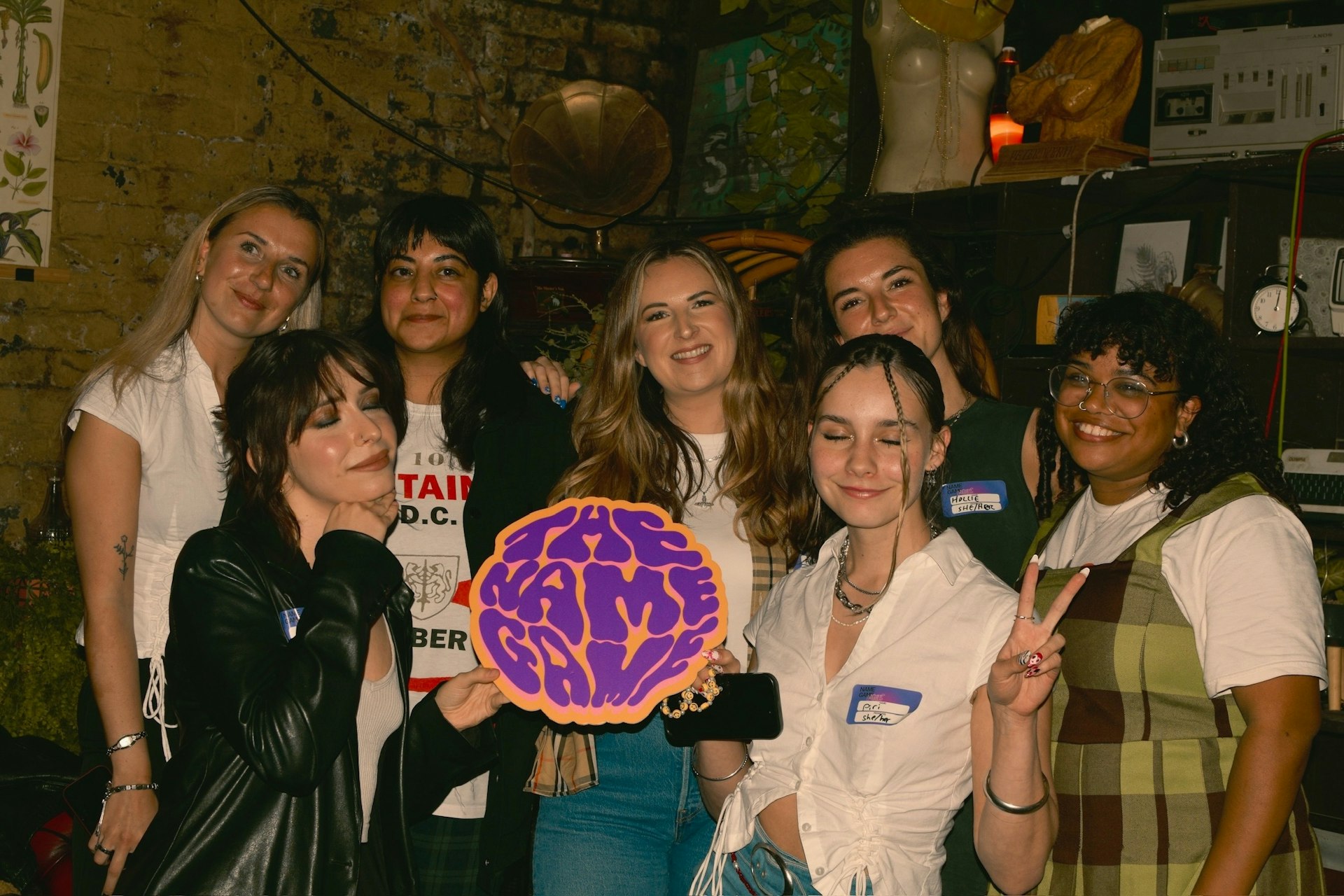Division and disparity on the streets of Mexico City
- Text by Frankie Mills
- Photography by Frankie Mills

Mexico City is a place of extremities, with a brutal class gap that dictates the attitudes and survival of its residents.
I was fortunate to be given the opportunity to study at one of the city’s universities as part of an exchange program. The attitudes of the students about their own city, however, were not what I expected. I was met with people that were too scared to explore and instead were chaperoned from home to school to bars by private chauffeurs. These students received around-the-clock protection, from what was painted as a dangerous outside world.
The more I started to explore the city, the more depth I found in what survival meant to different people. For some, it meant camping outside of their homes because the Mexican government has imposed “essential maintenance repairs”, often resulting in houses being seized and sold, and families being left without a roof over their heads. On the other end of the spectrum, people debated whether or not they should take their private helicopter across town if the traffic was particularly bad that day.

For the poorest, existence depended on the 50 centavos (2p) that selling packets of puffed amaranto would bring in. Some sold organic doggie treats in the city’s more affluent areas, where the rich strolled by pushing their pets in pink prams. Some sold their bodies; some sold the bodies of others. In Tepito, a famous market in the city, I was told it was possible to buy anything you wanted – a passport, a dolphin, a pair of pickled eyeballs.
In Mexico City, just 1 percent of the population earns 21 percent of the country’s entire income. Those who haven’t been born into this wealthy elite are consistently pushed to create their own means of survival – which often involves endless, consistent selling.

Eventually, I made the decision to leave the university and explore Mexico City on my own terms. During this time, I discovered the infinite endurance in people who have faced corruption on multiple fronts – from police officers who are only interested in the money in your wallet, to property seizures and continual disappearances.
One such case includes the disappearance of 43 students in 2014, who have not been seen since police in the state of Iguala made an attack on their vehicle on their way to a peaceful annual demonstration commemorating a student massacre in 1968. This case remains unsolved today – a theme in Mexico that is far from uncommon.
It was incidents such as the disappearance of the 43 that made me wonder exactly who students enwrapped in wealth sought protection from: those simply outside of their social sphere, or those that the rest of the population spent their days either fighting against, or surviving in spite of.








 See more of Frankie Mills’ work on her official website.
See more of Frankie Mills’ work on her official website.
Enjoyed this article? Like Huck on Facebook or follow us on Twitter.
Latest on Huck

Three decades behind the scenes of the music industry
Eddie Otchere’s ‘Spirit Behind the Lens’ is a story of music and culture that crosses and transcends borders.
Written by: Isaac Muk

Barry Keoghan, Franz Rogowski and Andrea Arnold on ‘Bird’
The new issue of Little White Lies brings Andrea Arnold’s sixth feature to life with a thematic voyage down the Thames estuary.
Written by: Maisy Hunter

“A party is a microcosm of a nation”: Caleb Femi on the decline of the house party
To celebrate the publication of his new collection ‘The Wickedest’, Isaac Muk caught up with Femi to talk more about the work, the future of the shoobs, and discuss why having it large on a Saturday night should be cherished.
Written by: Isaac Muk

Celebrating 20 years of The Mighty Boosh
A new exhibition takes a look behind the scenes of the iconic show two decades after its BBC3 premiere.
Written by: Isaac Muk

We Run Mountains: Black Trail Runners tackle Infinite Trails
Soaking up the altitude and adrenaline at Europe’s flagship trail running event, high in the Austrian Alps, with three rising British runners of colour.
Written by: Phil Young

The organisation levelling the playing field in the music industry
Founded in 2022, The Name Game is committed to helping female, non-binary and trans people navigate the industry.
Written by: Djené Kaba